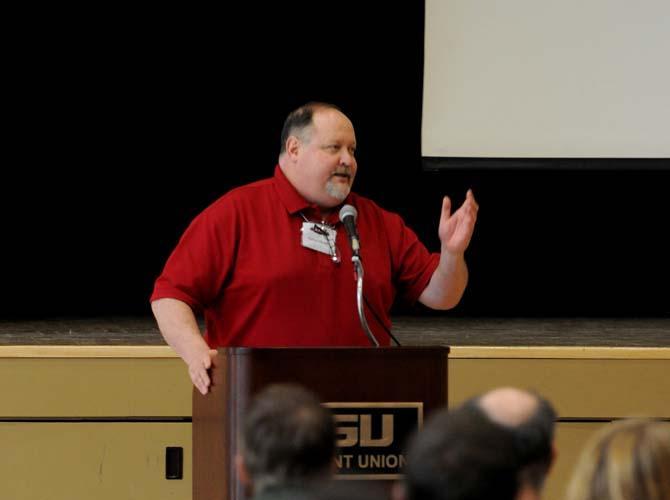Last week, Fred Phelps, founder of the Westboro Baptist Church and one of America’s most infamous bigots, passed away. He left behind a complicated legacy, forever clouded by his most controversial actions of picketing funerals to push for a message of religious hate and intolerance.
Although most would love to picket his funeral, a few consider the revenge picketing a sign of success in Phelps’ legacy. I disagree and have no problem with people choosing to picket his funeral.
Heck, from his church’s perspective, he is in heaven and living it well with Jesus.
If people choose to picket his funeral, maybe his church and family will feel the pain that they joyfully inflicted on others. Whatever the case, the church robbed the public of the opportunity by declaring that there will not be a funeral. This was a clear move to avoid the inevitable protests that would have occurred.
Although Phelps is an irrelevant person who will not be remembered 30 years from now, his general beliefs define millions of people around the world. He hated gay people and women who had abortions and justified his hatred with the Bible.
It is hard to escape the viral debates and discussions online about Phelps and the people he hurt.
For those of us who decide to hate Phelps for being a bad Christian, we need to look at how he justified his beliefs. Phelps isn’t a dark and unusual example of a Christian fundamentalist using the Bible to hurt others.
Bigots and Christian radicals in American history have used the Bible to justify slavery, segregation, not allowing interracial marriage and the current debate of not allowing gay marriage.
People who despise Phelps generally have a good reason, but his message of hate isn’t unique — just his tactics. Many in America have similar sentiments to Phelps in regard to their hatred of the LGBT community.
If many consider Phelps a radical Christian cultist just because he was slightly more radical and had controversial tactics, then maybe Phelps isn’t so different from the many people who hate him.
In regard to free speech, Phelps pushed the edges of freedom of speech to limits that would make diehard libertarians and liberals cringe. Phelps and his church tested us in our commitment to freedom of speech every time he entered the spotlight and picketed the funerals of famous people, gay people and soldiers.
His death should be a wake-up call about our beliefs in dogmatic tradition and religion.
Some of the greatest human beings in history were religious and had faith in a higher power but so were the worst humans. Religion is just an old intellectual tool to justify the good or bad causes people get behind.
I empathize with those who don’t want to picket his funeral. They believe that it would be hypocritical to do so and that hate creates more hate.
Although I agree that hate begets hate, pain does not. Pain offers perspective that someone generally doesn’t have until it affects them. This is a major value difference in the world — those who have empathy and those who do not.
We should not decide not to despise Phelps just because he passed away. We didn’t do it for Hitler, Stalin, Saddam Hussein or Osama bin Laden, so why should Phelps be any different?
A person who committed abhorrent acts shouldn’t be forgiven just because his heart stopped beating.
Phelps’ beliefs and bigotry should be ridiculed and hated by society the same way that racism, fascism and Islamic fundamentalism is.
Having hundreds of protesters picket Phelps’ funeral might offer the Westboro Baptist Church and Phelps’ family something they never had with all that faith — compassion.
Joshua Hajiakbarifini is a 24-year-old political science and economics senior from Baton Rouge.
Opinion: Pain could offer Phelps’ family perspective
March 23, 2014
Keynote speaker and estranged son of the pastor of the Westboro Baptist Church, Nathan Phelps speaks to secular humanists Sunday, April 14, 2013.
More to Discover








